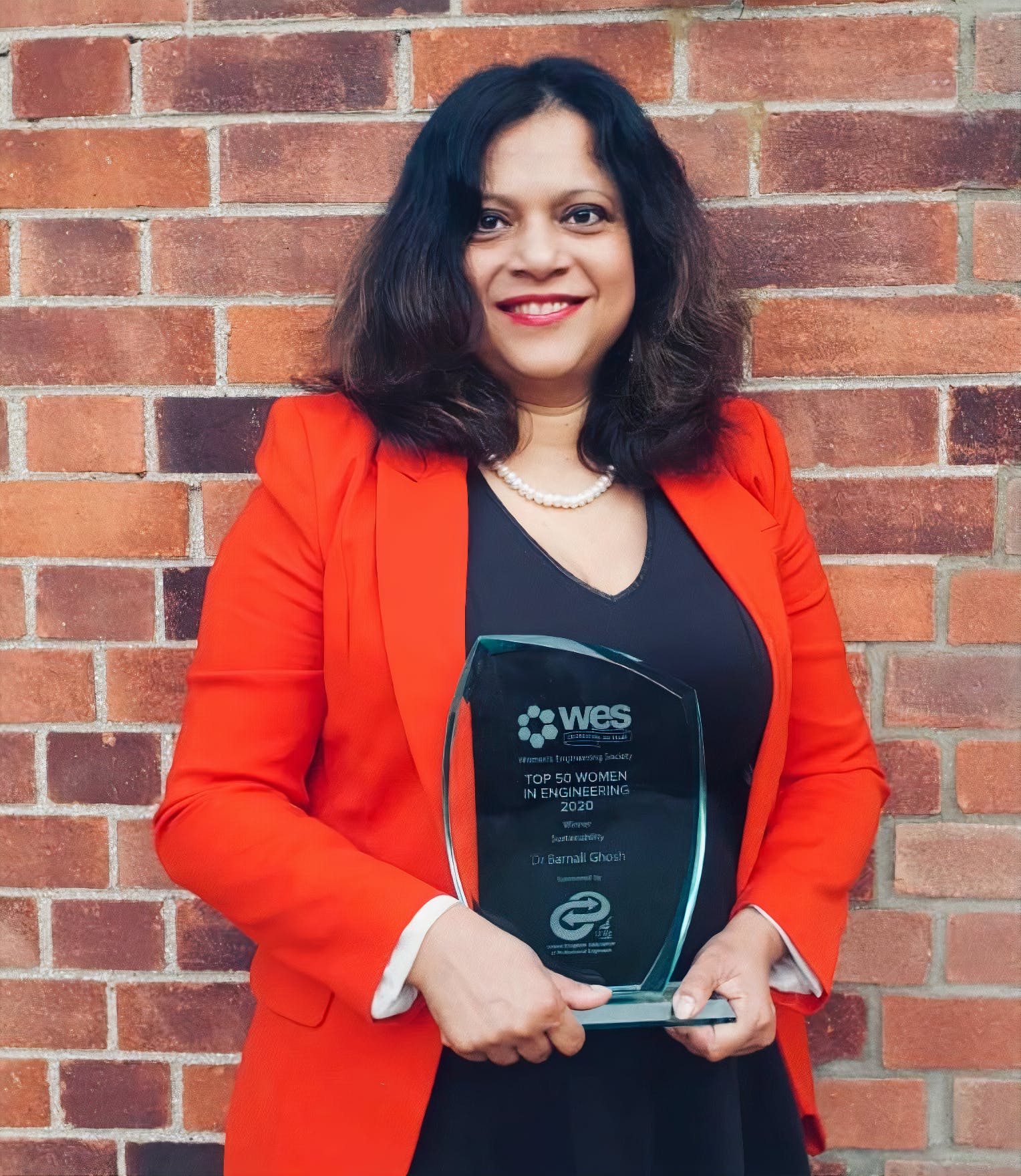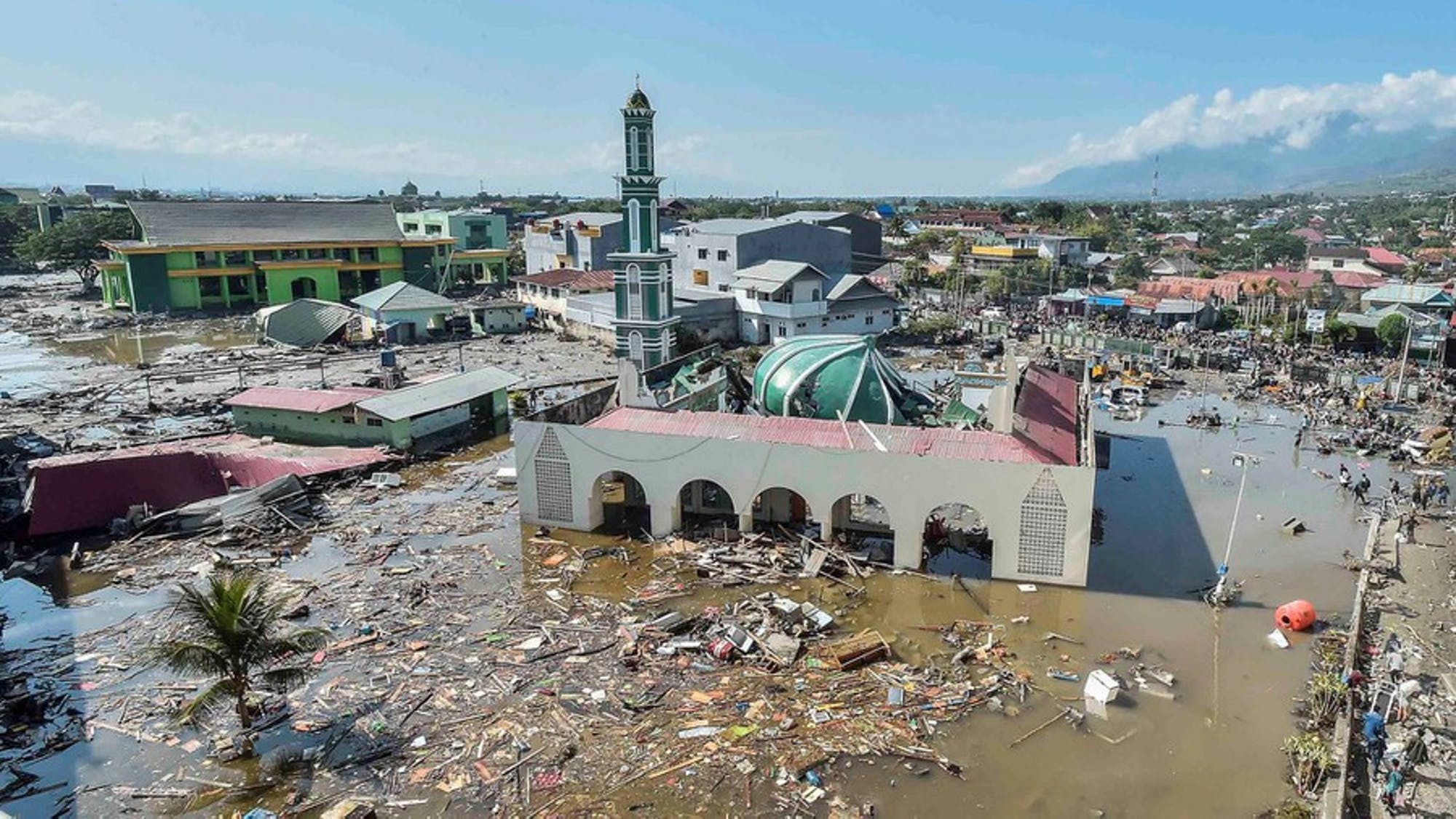23rd Jan 2024 18:30 hours
Telford Lecture Theatre, Institution of Civil Engineers, One Great George Street, London SW1P 3AA
This event is planned as an in-person event, and will also be webcast live.
This event is free to attend, but advance booking is required via the button below.
Photographs may be taken at the event and used for BGA promotional purposes; if you have any objections please contact the BGA via email.
The event will be followed by a drinks reception.
The John Mitchell Award is presented annually by the ICE, based on a nomination from the BGA, for significant contributions in the field of geotechnical engineering. The award was instituted in 2008 in memory of the prominent geotechnical engineer John Mitchell of Arup, who was killed while observing piling works at a central London site in 1990.
The award criteria considered by the BGA include the following:
Building and infrastructure collapses and failures triggered by earthquakes kill, on average, about 20,000 people every year. Historically, seismic building codes and design specifications have established minimum requirements for life safety and prevention of collapse. In seismically active regions, earthquakes can be considered reoccurring events, with severity states between serviceability and ultimate levels.
If we compare a strong earthquake with other highly destructive events arising from climate change, what can we learn from seismic engineering approaches in the development of resilient and flexible designs as will indeed be needed in response to future heavily impacting climatic events?
This lecture will introduce the concept of adaptive design for geotechnics and explore situations where such an approach can be used based on the best practice design aspects from seismic engineering. A new balance must be found when designing for future extreme events – between conventional efficient (non-conservative) singular design and added adaptive design elements to accommodate future seismic/ climatic events.
There is new guidance from a few regulators highlighting the need to identify adaptation solutions (where possible) that will perform well in the current situation and in defined future scenarios. Project examples from around the world will show that reducing seismic vulnerability with understanding of the design drivers and performance-based matrix, can lead to adopting adaptive solutions. A new framework will need to consider the future conditions, functional life, balancing longevity, adaptability, and optimising material use with the carbon counting tools for design scenarios in both seismic and non-seismic situations.
This John Mitchell lecture looks at some aspects of the best current seismic engineering practice and how these might inform the development of Adaptive Design in the broader field of routine engineering. This can trigger a long journey for an industry-led transition from singular prescribed design to suitably adaptive design.
Dr Ghosh is a recognised expert in geotechnical offshore and earthquake engineering. She is currently a Technical Director within Mott MacDonald, where she leads a team of specialist geo seismic engineers. She has carried out both regional and site specific geotechnical and seismic hazard assessments for a range of structures in the energy, infrastructure, and manufacturing sectors, and has acted as lead Geo Seismic Specialist in several prestigious projects across the world. She is often tasked with producing basis of design documents for different near shore and offshore projects.
After graduating from Jadavpur University in India with a master’s degree in Geotechnical Engineering (1997), and working at a research centre also in India, she undertook research on geotechnical earthquake engineering for her PhD at Trinity College, Cambridge University (2003), followed by a post doc at Cambridge (2003–2005) before joining Arup in their London office (2006). Dr Ghosh joined Mott MacDonald in 2012, becoming Technical Principal in 2017.
Dr Ghosh is a Royal Academy of Engineering Visiting Professor at Cambridge University for Geo Seismic Engineering. She has also worked part time as an adviser for the Parliamentary Office of Science and Technology (POST) UK, after being awarded a fellowship by the Royal Commission of the Exhibition of 1851. She has been extensively published in international journals, is an invited speaker in many seismic conferences, and has recently contributed chapters to the book ‘Design of Foundations in Seismic Areas – Principles and Applications’ published by NISEE. She was part of the Earthquake Engineering Field Investigation Team (EEFIT) following the Nepal earthquake in 2015 and is part of several committees related to seismic engineering.
Barnali was the winner of the prestigious 2017 Shamsher Prakash Award for Excellence in Geotechnical Earthquake Engineering and a winner in the Top 50 Women in Engineering Award in UK (2020). She is also part of the network for inclusion of diversity and women in Mott MacDonald, and a role model and mentor for women engineers within the company and panel member for ICE diversity committee (Southeast).

